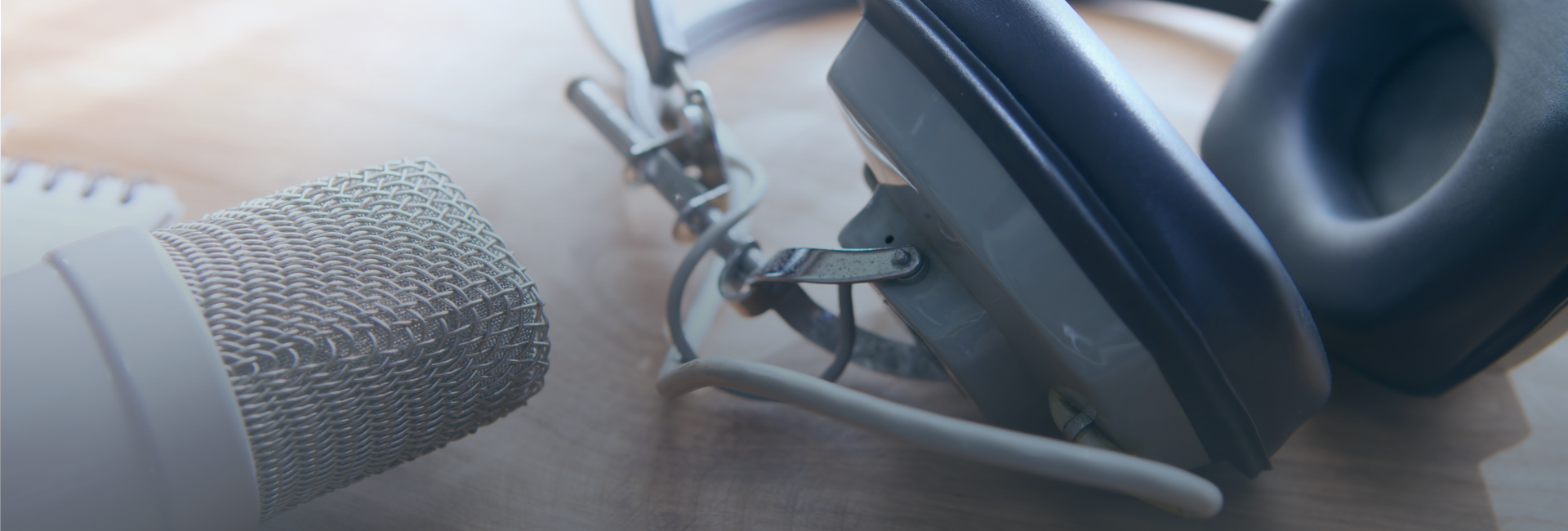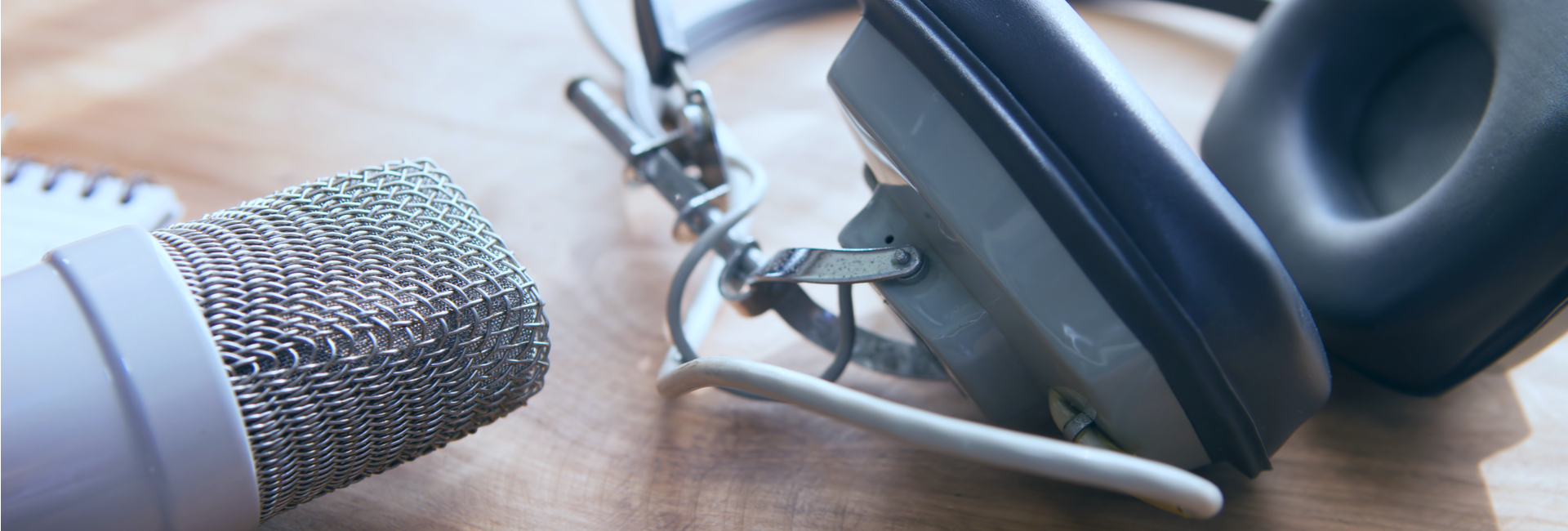Episode Thirty Two | 2018 IPTES: Just Fracture Matches
Just Fracture Matches
In episode two of the 2018 IPTES season, Just Science interviews Dr. Ashraf Bastawros from Iowa State University. Dr. Bastawros discusses how fracture mechanics principles can be used with statistical learning tools to give quantitative results. Explore the mind of an engineer and hear how leveraging other disciplines can aid forensic science.
This episode of Just Science is funded by the National Institute of Justice’s Forensic Technology Center of Excellence [Award 2016-MU-BX-K110].
Listen/Download at:

![]()
You can also find us on Stitcher or Soundcloud
View transcript here: Transcript
 Dr. Ashraf Bastawros’ research focuses on the micro-scale properties and behavior of engineered materials, including single-crystal and polycrystalline materials, thin films and multi-layers, porous solids, and biological materials. His strength is in linking microstructures and continuum theory through fundamental and applied experimental research. He has developed novel experimental techniques to (1) reveal the nature of deformation heterogeneity at the material microstructure length scale and (2) measure the thickness and properties of ultrathin films in the nanometer range. He has redeveloped almost the entire curriculum of mechanics of materials at Iowa State University (ISU). He has nurtured and mentored undergraduate and graduate students and junior faculty in the area of the micromechanics of materials: two assistant professors, one laboratory technicians, three post-doctoral scholars, eight PhD candidates (including two underrepresented racial and/or ethnic minority students [URMs]), 22 MS students, and 50 research experience for undergraduate participants (five URMs). Five undergraduate research assistants have attended graduate school, and one former PhD student has started a tenure-track faculty position at Georgia Tech. As the lead principal investigator (PI) or Co-PI, Dr. Bastawros has managed research grants in excess of $10 million. He has authored and coauthored more than 80 technical publications in journals and conference proceedings with 100 citations annually, on average, and nearly 1,600 total citations. He is also the recipient of a National Science Foundation (NSF) Faculty Early Career Development Program (CAREER) award, an ISU Young Engineering Faculty Research Award, and many other honors and best paper awards.
Dr. Ashraf Bastawros’ research focuses on the micro-scale properties and behavior of engineered materials, including single-crystal and polycrystalline materials, thin films and multi-layers, porous solids, and biological materials. His strength is in linking microstructures and continuum theory through fundamental and applied experimental research. He has developed novel experimental techniques to (1) reveal the nature of deformation heterogeneity at the material microstructure length scale and (2) measure the thickness and properties of ultrathin films in the nanometer range. He has redeveloped almost the entire curriculum of mechanics of materials at Iowa State University (ISU). He has nurtured and mentored undergraduate and graduate students and junior faculty in the area of the micromechanics of materials: two assistant professors, one laboratory technicians, three post-doctoral scholars, eight PhD candidates (including two underrepresented racial and/or ethnic minority students [URMs]), 22 MS students, and 50 research experience for undergraduate participants (five URMs). Five undergraduate research assistants have attended graduate school, and one former PhD student has started a tenure-track faculty position at Georgia Tech. As the lead principal investigator (PI) or Co-PI, Dr. Bastawros has managed research grants in excess of $10 million. He has authored and coauthored more than 80 technical publications in journals and conference proceedings with 100 citations annually, on average, and nearly 1,600 total citations. He is also the recipient of a National Science Foundation (NSF) Faculty Early Career Development Program (CAREER) award, an ISU Young Engineering Faculty Research Award, and many other honors and best paper awards.
Additional Resources:



